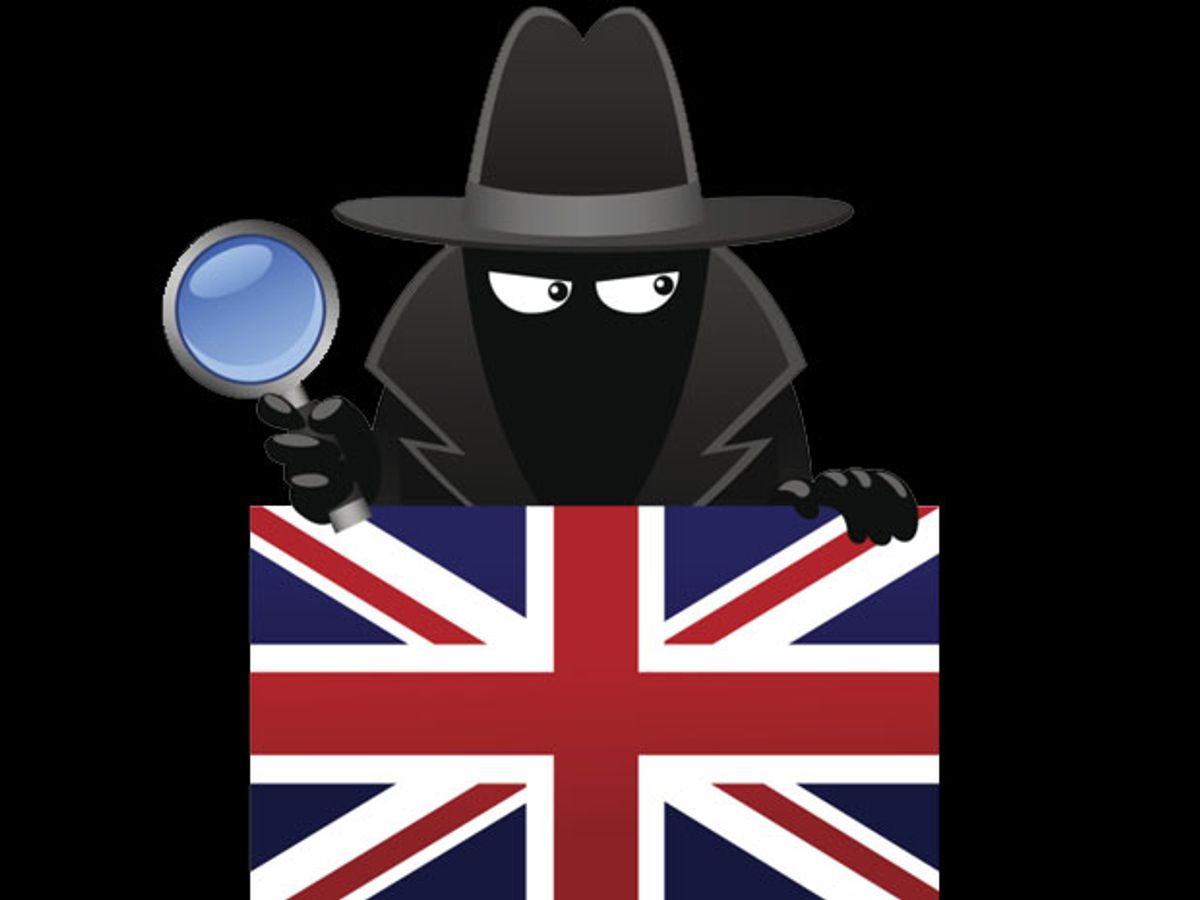No online communication is for your eyes only in the age of Internet surveillance by government spy agencies. But a leaked British spy catalog has revealed a wide array of online tools designed to also control online communication by doing everything from hacking online polls to artificially boosting online traffic to a particular website.
The spy catalog information developed by the British spy agency GCHQ comes from documents leaked by former NSA contractor Edward Snowden, according to The Intercept. Such documents don't contain much in the way of technical information about how the online spy tools work, but they do reveal a colorful array of code names for methods aimed at both collecting information and manipulating online information seen on websites such as Facebook and YouTube. The GCHQ's Joint Threat Research Intelligence Group (JTRIG) that developed the catalog described most of the tools as being "fully operational" or else "very close to being ready."
Some of the most intriguing spy tools show the UK spy agency's desire to control and manipulate both online and cellphone communication, including emails and popular social media networks such as Facebook. In the latter case, a tool named "Clean Sweep" can "masquerade Facebook wall posts for individuals or entire countries." Another tool called "Burlesque" can send spoofed (faked) SMS text messages. And "Scrapheap Challenge" can send fake emails that appear to originate from a target Blackberry device.
Other tools can change the online information and websites that ordinary Internet users might see. A tool named "Underpass," previously known as "Nubilo," can supposedly change the outcome of online polls. "Bomb Bay" has the capability to boost a website's recorded hits and rankings in order to improve its popularity. Similarly, "Gateway" artificially increases the traffic going to a certain website, while "Slipstream" inflates page views. A more mysterious tool named "Gestator" aims to amplify certain messages, typically videos, on "popular multimedia websites such as YouTube."
The catalog also reveals efforts to counter the propaganda of terrorist and insurgent groups. "Bumpercar" represents an automated system capable of filing "offensive material" reports on video upload services such as YouTube, with the goal of getting "terror videos" removed. Another tool called "Silverlord" targets video-based websites hosting "extremist content" for the purpose of discovering and removing such content.
Some of the listed spy tools also appear to fulfill propaganda purposes or other information operation campaigns by sending out mass emails and text messages. Others appear to come from a hacker wish list by launching denial of service attacks. And one intriguing tool named "Glitterball" comes with the description: "Online gaming capabilities for sensitive operations." The latter seemed to be used by British agents in the online game "Second Life" as of the document's latest update in July 2012. (For more, see "Spy Games: Spooks Infiltrated Online Games.")
By now, few people should be surprised that government spies have tools to eavesdrop on both cellphone and online communication. For instance, much has already been revealed about how the U.S. National Security Agency (NSA) scoops up online records from the internal networks of Internet giants such as Google and Yahoo, as well as how the spy agency tracks cellphone location data worldwide. But the recent revelations about GCHQ's activities show that the UK spy agency also has a strong interest in actively controlling both public information and personal communication in certain cases.
Such online tools give some real-world heft to the fictional boast of Q, the MI6 gadgets man of the long-running 007 films, as he compares his hacking skills to James Bond's more physical approach in the 2012 film "Skyfall": "I can do more damage on my laptop, sitting in my pajamas, before my first cup of Earl Grey than you can do in a year in the field."
Jeremy Hsu has been working as a science and technology journalist in New York City since 2008. He has written on subjects as diverse as supercomputing and wearable electronics for IEEE Spectrum. When he’s not trying to wrap his head around the latest quantum computing news for Spectrum, he also contributes to a variety of publications such as Scientific American, Discover, Popular Science, and others. He is a graduate of New York University’s Science, Health & Environmental Reporting Program.



